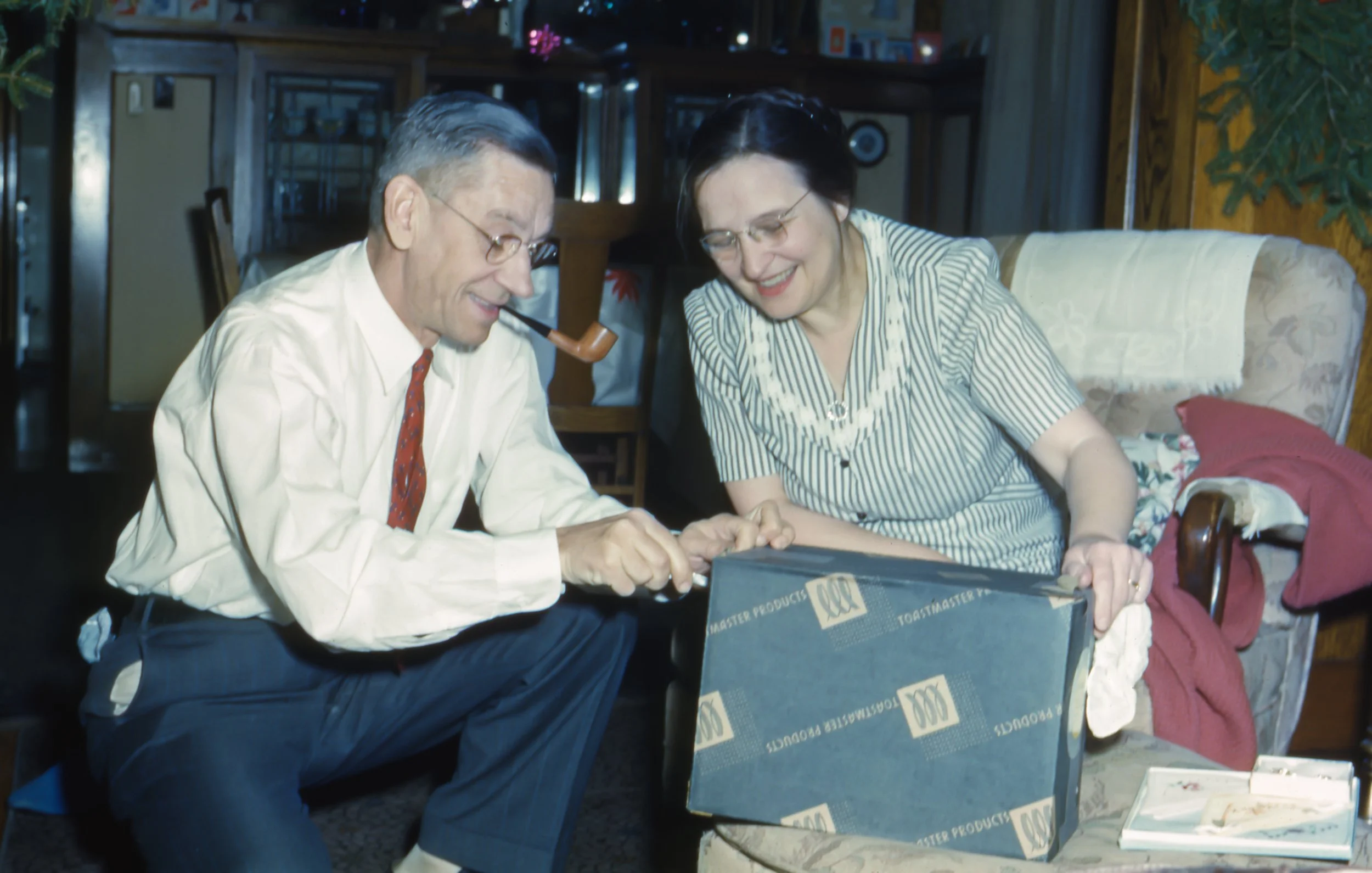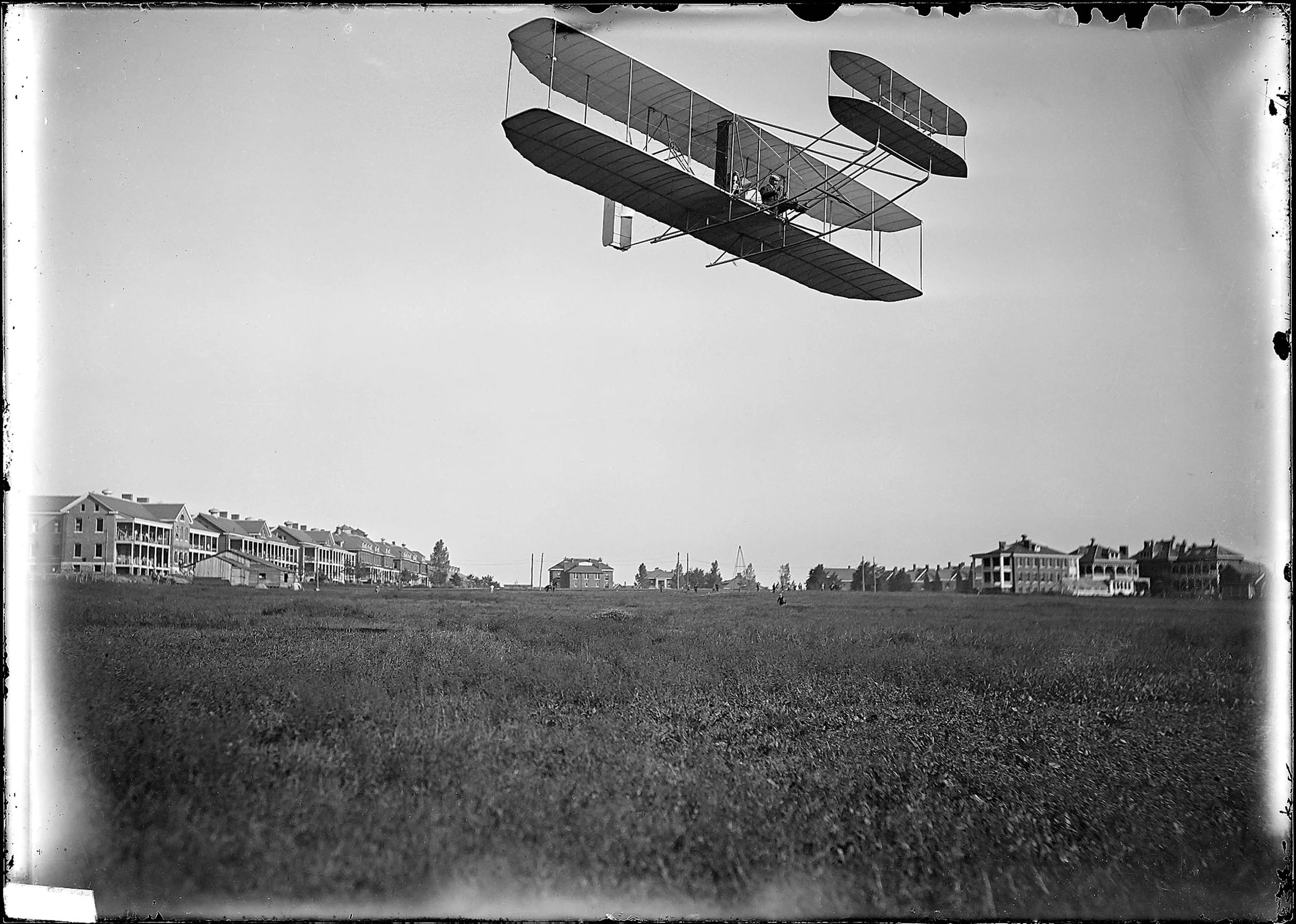Life Story Links: July 1, 2025
“I believe something I was told by my grandmother…. She insisted that the best daubes were cooked in her oldest casseroles, because…only a clay pot can keep the memory of the love the cook put into it when preparing the dish.”
—Potter Philippe Beltrando
Vintage postcard depicting a black-and-white photograph of a family walking along a beachfront, early 1900s, from the personal ephemera collection of Dawn Roode.
Writing about our own lives…
THE MESSY MIDDLE
“You start out with excitement and fervor—blank pages are feverishly filled with stories about your life. But what can you do when your memoir momentum wanes?” Last week I shared three simple strategies for pushing through and regaining focus.
DINNER IS SERVED
“So many family stories begin in the kitchen. So many lives are shaped by what is baked, served, talked about, talked over.” Beth Kephart shares some favorite passages and an iterative writing prompt inspired by the family table.
ON FINDING THEIR VOICES
On a panel at the Festival of Literary Diversity, three memoir writers from different walks of life discussed having difficult conversations in a constructive way, and how telling personal stories creates empathy at large.
…and reading about the lives of others
EXPERIMENTAL MEMOIR
The Möbius Book by Catherine Lacey is actually two books: “One is a novella with a hint of murder mystery. Start from the opposite side, flipping upside down...and you’ll find the other: a memoir of breakup and friendship during the pandemic.”
DESIGNING FOR WOMEN’S REAL LIVES
The New York Historical’s installation “Rationing Fashion: Claire McCardell’s Wartime Innovation”—pockets! hoodies!—(through September 14, 2025) coincides with a new biography of the influential designer.
THREE KIDS, THREE PASTS
How incorporating multiple perspectives to explore shared memory can craft a complex family story: The author of Girls with Long Shadows explores shared memories and divergent recollections.
‘AFRAID OF REVEALING MYSELF’
“Much has been written about us, whispered about us, wondered about us. So I’ll just start at the beginning and let the story unfold.” If you hit a paywall for this excerpt from Barry Diller’s new memoir, listen in here as he speaks about why he chose to finally write about his life:
Ensuring our stories are not lost to time
OUR FRAGILE DIGITAL MEMORY
“It is becoming more understood that archives, archiving, and preservation are a choice, a duty, and not something that just happens like the tides.” We’re making more data than ever. What can—and should—we save for future generations?
PRESERVING PERSONAL HISTORIES
“The American LGBTQ+ Museum met with queer elders, there was one concern that was expressed again and again: that their lives—and their stories—would be forgotten”—and the Queer Legacies Project was born.
HER LIFE STORY IS A JOURNEY THROUGH HISTORY
During an interview, this 109-year-old Holocaust survivor described her escape from Vilna during the war; when she was forced to separate from her son “she wrote him a letter and stuffed it in his baby bottle in case she didn’t survive.”
In pictures
MORE PHOTOS ≠ STRONGER MEMORIES
“Our memory is not faithful. It’s tied up with who you are and your story making throughout your life. It’s your autobiography.” Taking thousands of pictures on our phones means never losing a moment—but it’s also complicating how our minds shape our memories.
LONGHAND & LOVELY
I have long been a fan of sketchbook artist Samantha Dion Baker, and in this handwritten post she reveals that her new book, Draw Your Adventures, has a special section all about sharing memories by mail while you travel—I can’t wait!
THE FUTURE OF FAMILY MEMORY
“The extinction of the photo album represents more than nostalgia for outdated technology—it reflects genuine concerns about how technological change affects fundamental human needs for meaning-making, family bonding, and historical continuity.”
Miscellaneous
HOW TO WRITE—AND NOT WRITE—HISTORY
“Philosophers and theorists think, read, talk, and write about ideas. Historians unearth and reconstruct the past. They get their hands dirty going through archives.” On Alasdair MacIntyre’s ideas about objectivity and the writing of history.
A HEALTHY DOSE OF NARRATIVE MEDICINE
“In concept, Airway is like the Moth—ordinary people telling everyday stories—but with all the vérité drama of HBO Max’s scripted E.R. show ‘The Pitt.’”
PEERING BACK
“I have my diaries of that time; I recorded every day of my life during that year of travel. I can go back to them of course, but sometimes I like to test my memory”: a wonderfully thoughtful piece from Rachael Cerrotti on personal history, love, life, the weight of the world, and the importance of play.
BEYOND FOUNDER STORIES
StoryKeep founder Jamie Yuenger was a recent guest on the Talking Billions podcast, delving into why wealthy families need to explore their stories and the idea of legacy as emotional infrastructure—listen in:
...and a few more links
Scientists are working on a new way to shrink photo files so they can be saved inside DNA.
One AI copyright lawsuit: Training AI tools on copyrighted works is deemed “fair use.”
Claire Foy dives into personal history on Who Do You Think You Are?
Thousands of newly digitized images show Oregon life in the 1900s.
New podcast shares British veterans’ stories from Berlin Airlift mission.
Universal Publishing CEO Jody Gerson joins board of Ancestry.
Heritage project preserves personal histories of Irish women.
Short takes










